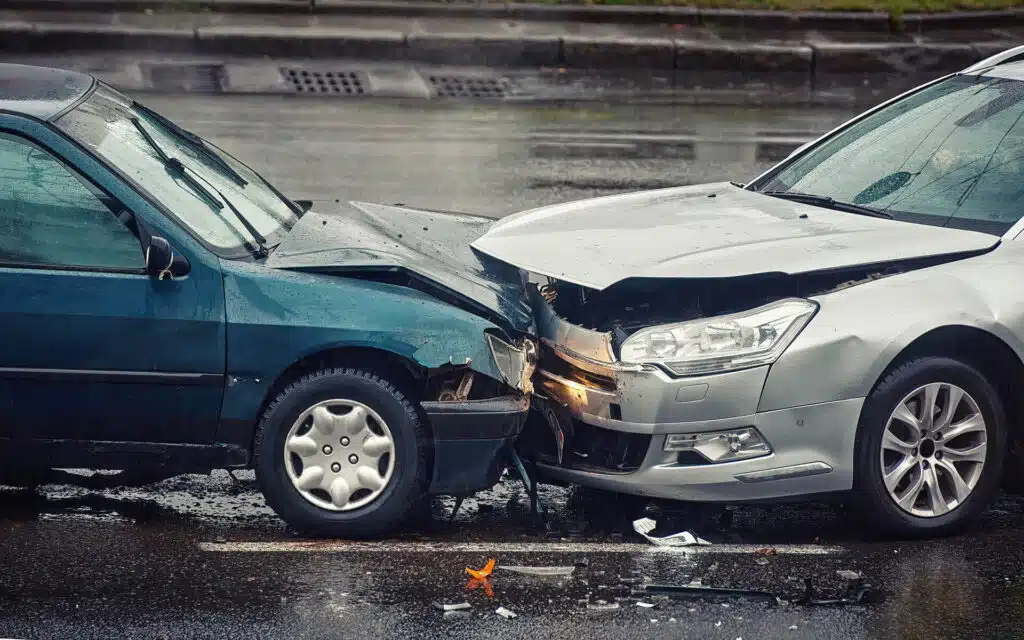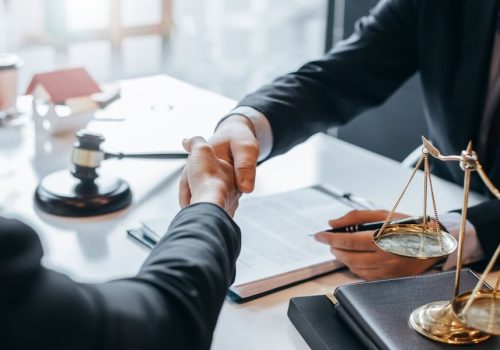Understanding Your Rights After a Car Accident in Florida
Car accidents are an unfortunate reality on Florida’s busy roads. Whether it’s a minor fender-bender or a major collision, understanding your legal rights after an accident is crucial to ensure you are protected and receive fair compensation. Many victims are unaware of the specific steps they need to take or the laws that apply, which can sometimes result in financial or legal complications.
In this guide, we’ll walk you through your rights as a car accident victim in Florida, how to protect yourself, and the role of legal professionals in helping you navigate this challenging time.
1. Florida’s No-Fault Insurance System
Florida operates under a no-fault car insurance system, which means that after an accident, your own insurance company generally pays for your medical expenses, regardless of who caused the accident. This is done through Personal Injury Protection (PIP) coverage, which is required for all drivers in the state.
Key points about PIP coverage:
- It typically covers up to $10,000 in medical expenses and lost wages.
- PIP kicks in regardless of fault, reducing delays in treatment.
- It does not cover property damage, which is handled through property damage liability coverage.
Understanding PIP is critical because it dictates how and when you receive compensation for your injuries. Keep records of all medical visits, bills, and treatments to support your claim.
2. Your Right to Seek Additional Compensation
While PIP provides essential coverage, it may not fully cover the extent of your losses in a severe accident. In certain cases, Florida law allows victims to file a personal injury claim against the at-fault driver for additional compensation.
Situations where this may apply:
- Severe injuries exceeding PIP limits.
- Significant property damage.
- Long-term disability or loss of income.
- Emotional distress caused by the accident.
A skilled South Carolina Personal Injury Lawyers can help evaluate whether you qualify for additional damages and guide you through the legal process.
3. Reporting the Accident
Florida law requires drivers to report certain accidents to law enforcement. Failing to do so could affect your legal rights or insurance claims.
You should report:
- Accidents resulting in injury or death.
- Accidents with property damage over $500.
- Situations involving hit-and-run drivers.
When reporting, provide accurate information and avoid admitting fault at the scene. Your goal is to ensure a correct and official record of the incident.
4. Collecting Evidence at the Scene
Gathering evidence immediately after an accident can significantly impact your claim. Evidence supports your version of events and helps insurers and courts determine fault.
Important steps:
- Take photographs of vehicles, road conditions, and any visible injuries.
- Collect contact information from witnesses.
- Note the time, date, and location of the accident.
- Keep a record of any traffic citations
Even if the accident seems minor, documenting everything can prevent disputes later on.
5. Understanding Comparative Negligence in Florida
Florida follows a comparative negligence law, meaning your compensation may be reduced if you are partially at fault. For example, if you are found to be 20% responsible, your damages will be reduced by 20%.
Key takeaway: Always document your side of the story and avoid statements that could imply fault. Your lawyer can help present your case to minimize your responsibility.
6. Dealing with Insurance Companies
Insurance companies are required to pay claims fairly, but they may sometimes attempt to limit payouts or delay settlements.
Tips when communicating with insurers:
- Provide factual information only.
- Avoid giving recorded statements without legal advice.
- Keep all correspondence in writing when possible.
- Do not accept an early settlement without consulting a lawyer.
Having legal guidance ensures that you don’t inadvertently accept less compensation than you deserve.
7. The Importance of Medical Documentation
Medical evidence is essential in personal injury claims. Your injury records, treatment plans, and medical bills prove the extent of your damages.
Steps to protect your claim:
- Seek medical attention immediately, even for minor injuries.
- Follow all treatment plans and attend follow-ups.
- Keep detailed records of medications, therapy sessions, and recovery progress.
- Note how the injuries affect your daily life and work.
Complete and organized medical documentation strengthens your case and can maximize your compensation.
8. Statute of Limitations for Filing Claims
In Florida, the statute of limitations for filing a personal injury lawsuit after a car accident is generally four years from the date of the accident. For property damage claims, the limit is usually four years as well.
It’s essential to act promptly:
- Filing early protects your right to compensation.
- It ensures that evidence and witness testimony remain available.
- Delaying action can jeopardize your case.
Consulting a lawyer as soon as possible helps you stay within these legal timelines.
9. Your Right to Legal Representation
Even if your case seems straightforward, having a personal injury lawyer can make a significant difference. Lawyers help you:
- Navigate the complexities of insurance and legal processes.
- Accurately calculate your damages.
- Negotiate settlements or represent you in court.
- Ensure your rights are protected at every stage.
Choosing an experienced attorney ensures that you are not taken advantage of and receive the compensation you deserve.
10. Steps to Take Immediately After a Car Accident
Here’s a checklist of actions to protect your rights after a Florida car accident:
- Ensure safety – move to a safe location if possible.
- Call 911 – report injuries and request law enforcement assistance.
- Document the scene – photos, witness contacts, and notes.
- Seek medical attention – don’t ignore injuries.
- Notify your insurance company – provide factual information only.
- Avoid discussing fault – don’t admit responsibility at the scene.
- Consult a lawyer – get professional guidance early.
Following these steps will help preserve your rights and make the claims process smoother.
11. How Kinon Law Firm Can Help
At Kinon Law Firm, we understand the challenges victims face after a car accident. Our team of dedicated attorneys works tirelessly to:
- Evaluate the full extent of your damages.
- Communicate with insurance companies on your behalf.
- Protect your rights under Florida law.
- Guide you through the legal process with clarity and compassion.
We are committed to ensuring that every client receives the justice and compensation they deserve. Your recovery is our priority.
Conclusion
Car accidents can be overwhelming, but understanding your rights and the legal process is the first step toward protecting yourself. Florida’s no-fault system, comparative negligence laws, and insurance requirements can be complex, but you don’t have to navigate them alone.
By seeking legal guidance, documenting your case, and acting promptly, you maximize your chances of a fair settlement or judgment. Remember, KINON Law is here to provide the support, knowledge, and representation you need after a car accident in Florida.





